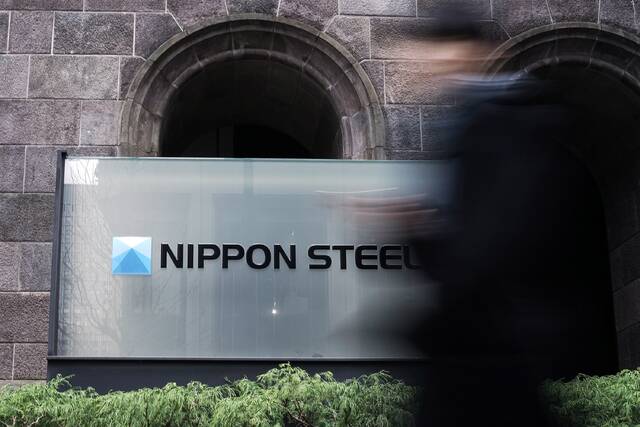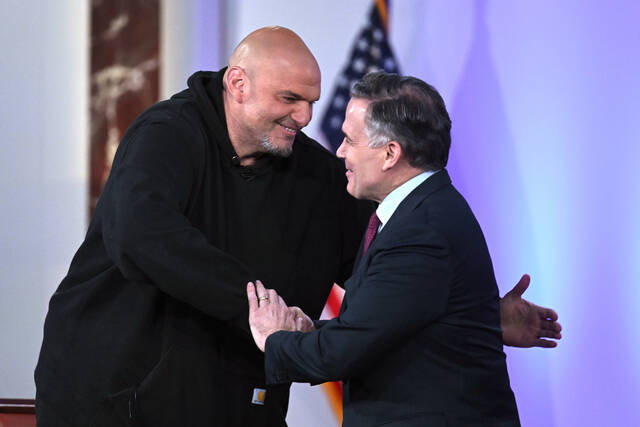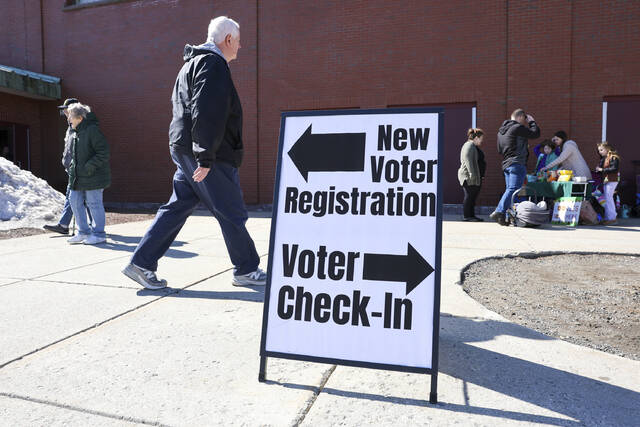The U.S. Steel roller coaster is continuing its wild ride.
On Monday, the White House put out a memo that reset the clock on the question of selling the American steel manufacturer to Japanese giant Nippon Steel.
The almost $15 billion deal was first announced in December 2023. U.S. Steel shareholders approved the deal in April 2024.
However, opposition was thick —and a rare point of agreement in heavily divided partisan politics during an election year. United Steelworkers leadership was against it, as were then-President Joe Biden and once and again President Donald Trump. For most, the stumbling block was national security. Among the only supporters were those closest to the production in the Pittsburgh area — the mayors of mill towns and the leadership of union locals.
The deal seemed to hit a wall in January 2025 when Biden blocked it following a failure of the Committee on Foreign Investment in the United States to reach a decision on whether the proposal constituted a threat to the country. However, before leaving office Biden stuck a pin in that order, giving until June for appeal or a resolution.
Trump’s new memo gives the committee 45 days to review the deal and reconsider “whether any measures proposed by the parties are sufficient to mitigate any national security risks.”
Will a new review of the deal that has dragged on for 17 months matter? It could.
The Committee on Foreign Investment in the United States is composed of the secretaries of Treasury, State, Defense, Homeland Security, Commerce and Energy, as well as the U.S. Attorney General, the U.S. Trade Representative and the Director of the Office of Science and Technology Policy. There is also input from the Secretary of Labor and Director of National Intelligence, and the president can include other voices at his discretion.
All of those positions have turned over since Trump’s inauguration, meaning the deadlocked committee very well could come to a different decision. The two administrations have radically different opinions on many issues surrounding both security and the economy.
The larger question is less what the committee will decide than what Trump will want. The president’s people do not push against his agenda and work to give him what he wants expeditiously. In Tuesday’s briefing, press secretary Karoline Leavitt phrased it as “we always move at Trump speed at the White House, which is incredibly fast.”
The previous committee took most of 2024 to evaluate the Nippon-U.S. Steel deal, only to arrive at a nondecision.
Will a 45-day push from Trump be enough to shove the deal through? And has Trump really done an about-face on the idea, particularly amid his global tariff upheaval?
The wild ride isn’t over yet.








